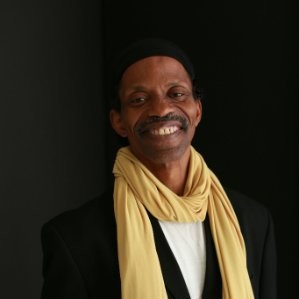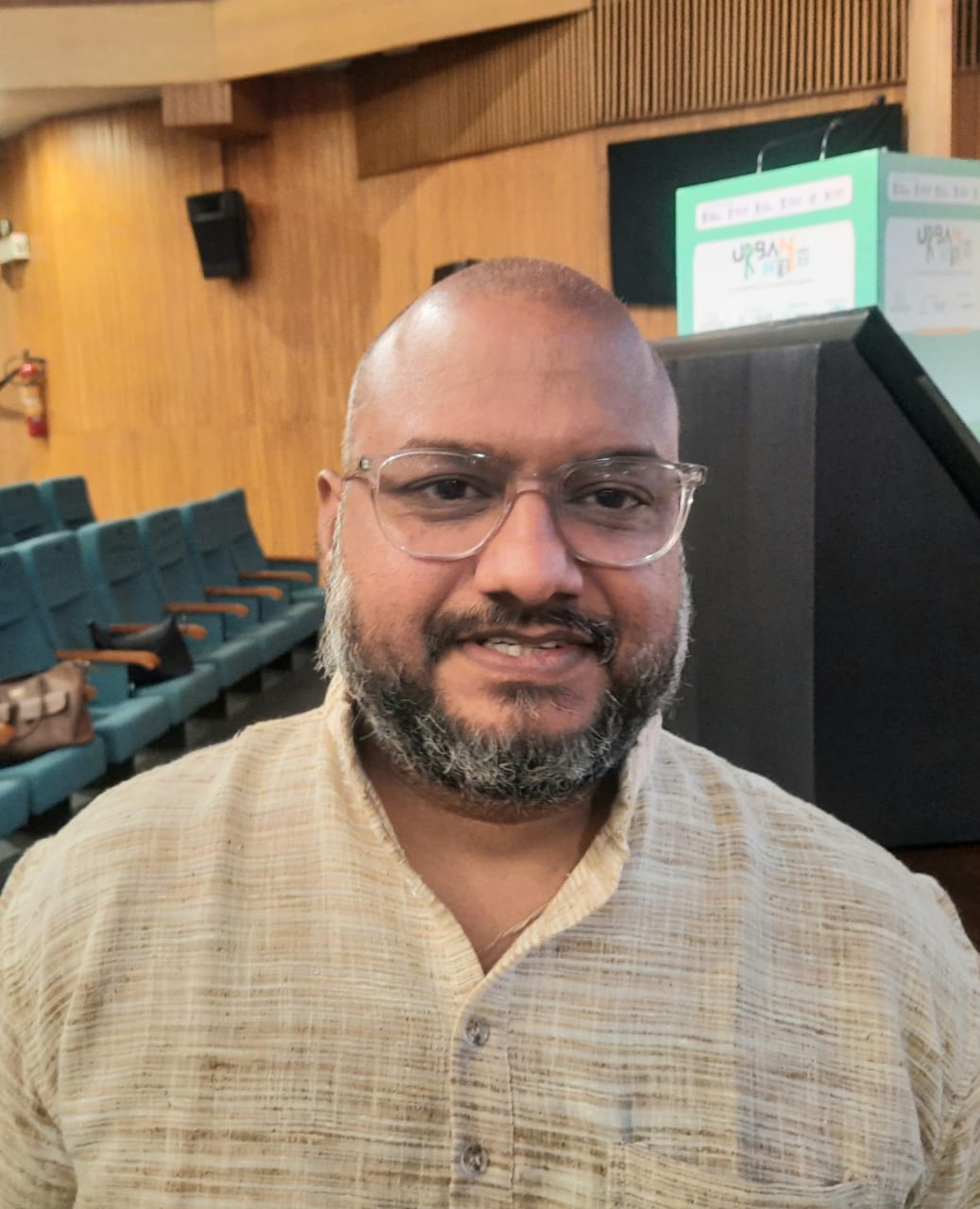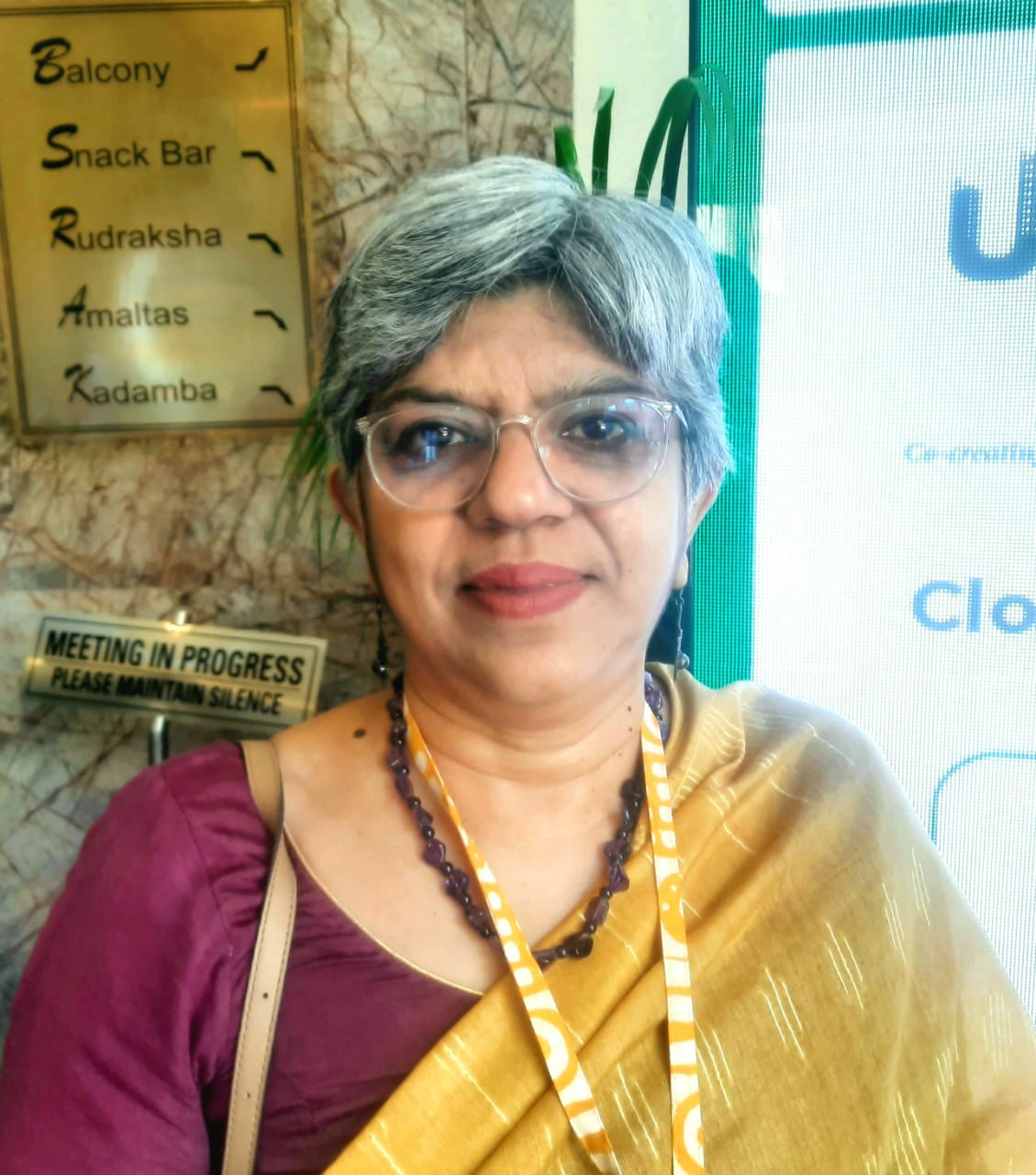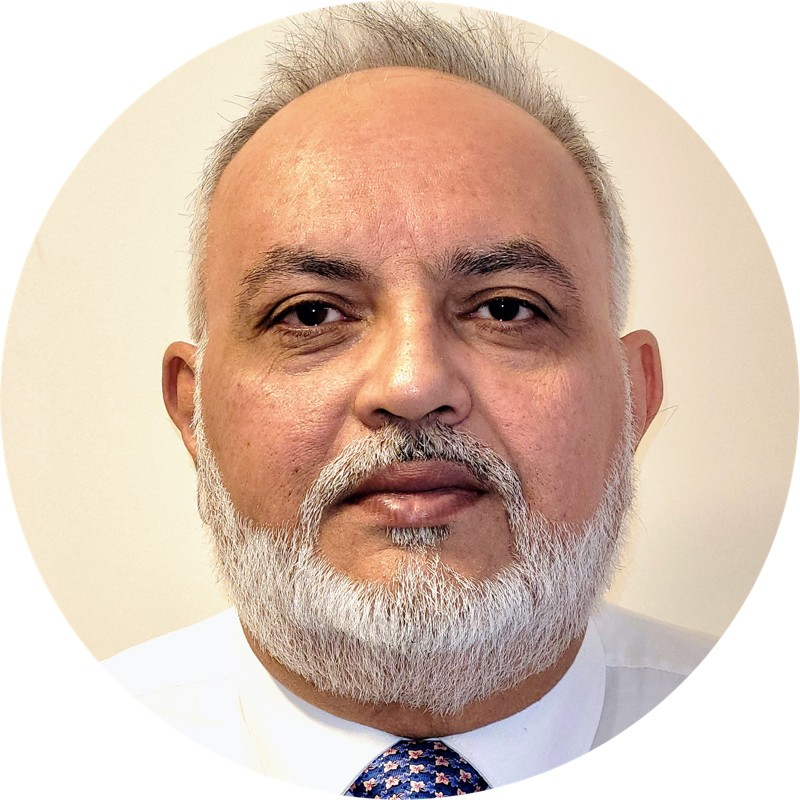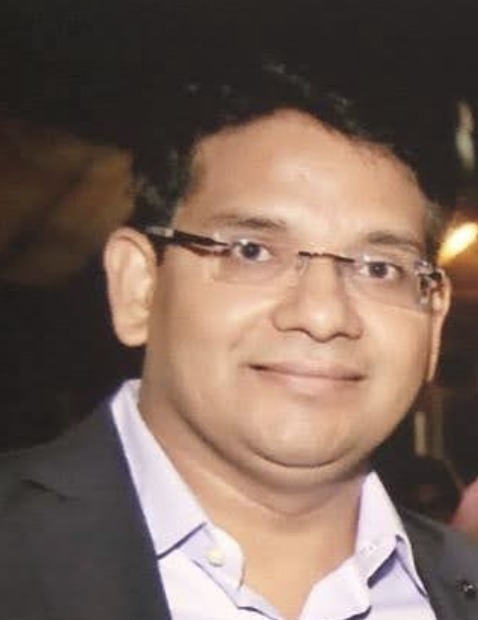Rafiki Cai, a native of Chicago’s Inglewood southside with deep familial ties to Montclair, N.J., embodies a unique duality, navigating seamlessly between two worlds. Despite a lineage steeped in ministry, Cai’s early exposure to Thoreau, Emerson, and the principles of deism and pantheism laid the foundation for a lifelong worldview influencing both his personal and professional journey.
An alumnus of the University of Illinois, Rutgers University, and Bloomfield College and Seminary, Cai initially followed in his forebears’ footsteps, serving as a clergyman in various congregations. Passionate about Liberation Theology and the universality of Christ, he consistently advocated for recognizing ‘the Divine in All.’
In the early 1990s, Cai’s trajectory shifted with a move to Takoma Park, MD, where he foresaw the burgeoning World Wide Web. Mentored by DARPNet veterans, he became a digital evangelist, emphasizing the significance of this technological evolution. His influential voice reached platforms like Black Enterprise magazine and Capitol Hill, where he served as co-chief technologist for esteemed organizations.
Drawn to Silicon Valley, Cai joined the computer science department at the University of San Francisco, collaborating with Dr. Dave Wolber on Google initiatives. As an Upward Bound alumni, he fostered connections between the CS department and the School of Education.
Presently immersed in the study of AI, Machine Learning, and Cryptographic Currency, Cai remains committed to his watchman role, assessing the impact of power on the marginalized and advocating for their access to it. His enduring dedication reflects a profound understanding of the transformative potential inherent in the technological landscape.
In a candid interaction with The Interview World, Rafiki Cai discusses the democratization of AI, its potential biases, the impact AI on communities, AI’s equitable distribution of benefits, and how it can help humanity at large. Here are the excerpts from his interview.
Q: How do you define the democratization of AI, and why is it important for the broader society?
A: Democratization of AI is when all strata of society – every social class, every ethnic community, every geo region – have readily available access to the creation, management, and directing of AI.
If AI is seen as a global currency, then we have already seen what happens when the control of currency rests in the hands of an elite few. That privileged group takes on the psyche and actions of a cabal, crafting policies and mechanisms that do not support and sustain the quality of life for the masses of people.
If we want different social and economic outcomes for the world through AI, then we must be clear-minded and earnestly committed to different approaches. Decentralization, as much as possible, and democratization need to rest at the core and center of such approaches.
Q: How can we address potential biases in AI systems to avoid reinforcing existing social inequalities?
A: Do not become reliant on super foundational models as the main arbiters of AI, in the way that we have few search engines for the world. An Internet of AI topology can rise up, wherein every community can train a model that reflects the realities of its lived experience. (As opposed to others representing them.)
These models can be woven together, in much the fashion that servers weave together to bring us a seamless Internet experience. Each community builds its own model: all such models for the world.
Q: What are some examples of positive impacts that AI has had on local communities, and how can we amplify these effects on a larger scale?
A: I believe that it’s a bit early yet, to speak of AI’s impact on communities. The world seems to be in build-space right now, with very little attention being devoted to community application. Key community entities are still wrapping their heads around the presence of AI in society, and how it impacts their missions and approaches to said missions. Surely though community impact in education, health, and personalized media is sure to emerge, in short order. (12-18 months)
Q: How can AI experts collaborate effectively with local communities to understand their unique challenges and incorporate their perspectives into AI development?
A: AI experts (AIEs) can be a collaborative process by helping to educate local communities about what AI is and what it is not (i.e., next-word prediction vs AGI), what are reasonable concerns around its present capacity and what is not; as well as what are immediate ways that AI can bolster quality of life in local communities. As much as possible, this education should involve hands-on experiences and not merely theoretical explanations.
With a solid education foundation, AIEs should then help community groups build working demonstrations of AI in service of local quality of life. From there AIEs can help communities explore ways in which open-source models can be deployed to address needs in their locales.
Q: How can we raise awareness about the benefits and risks of AI among diverse groups to facilitate informed decision-making?
A: Get on the ground and engage. Quarterly there can be AI Day events, similar to Hour of Code, that expose, engage, and educate diverse communities about AI and its potential. Such efforts can go a long way in nurturing informed decision-makers.
Q: With the increasing use of AI in various aspects of life, how can we address privacy concerns to protect individuals and communities from potential data misuse?
A: Conditions and circumstances flow out of commitment. AIEs, and the AI industry, can make a strong and earnest commitment to data privacy. As an industry, we can police ourselves. Each of us can stand by, and demand of colleagues to stand by, stringent guidelines and ethics around data privacy. Data privacy won’t happen by magic. It will happen as a result of our expectations, standards, and practices.
Q: What role can international collaboration play in ensuring that AI benefits are distributed equitably across the world?
A: Raise the anthem and embrace the actual vision of “AI For All” as a global culture. Every AIE can volunteer hours each month, quarter, or year to AI For All and receive a certified badge for said participation.
Sounds odd or corny? Consider that 30 million persons, which is the total population of the world’s standing armies (Source: International Institute for Strategic Studies, 2022), place value in insignia, ribbons, and medals earned for military service. Why not the same motivation be had for substantive community service?
Q: In your opinion, what does the future hold for the relationship between AI and human life, particularly in the context of community development?
A: The true answer to the question is not rooted in my opinion, but more realistically in the collective commitment of AIEs everywhere.
It is my hope that AIEs will see the potential for AI to lift humanity and seize the opportunity to make it happen. We cannot, should not, and must not wait on conglomerates or industry titans to lead the way. They should be spurred by our action examples and be compelled to not be left on the sidelines.


